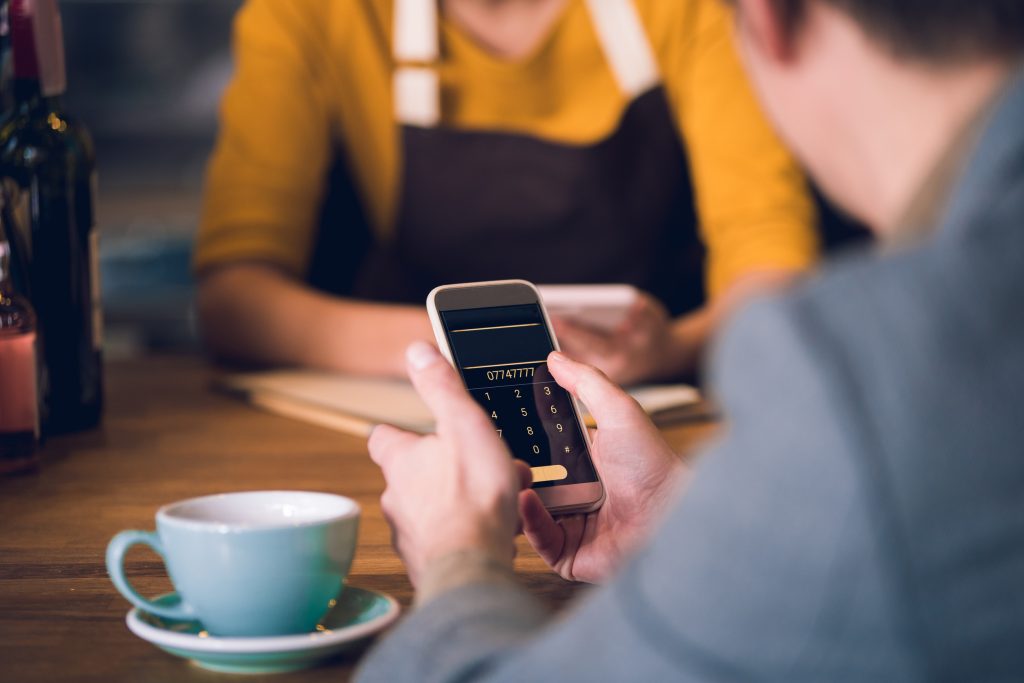
There is a significant difference between being frugal and being cheap, and people can spot it from a mile away. Frugality is about being resourceful and prioritizing your spending on what matters most to you. Being cheap, however, often comes at the expense of others’ comfort, time, and generosity. Certain habits can quickly earn you a reputation for being a penny-pincher in the worst way. If you’re worried people might think you’re cheap, here are ten behaviors to avoid.
1. Always Splitting Bills to the Penny
Going out with friends is about enjoying each other’s company, not performing complex accounting. When someone pulls out a calculator to divide a bill down to the exact cent, it can kill the mood. This behavior suggests you are more concerned with saving 50 cents than with the social grace of the moment. It makes others feel awkward and scrutinized over minor amounts. It’s one thing that will quickly make people think you’re cheap.
2. Constantly Complaining About Prices
Whether you’re at a restaurant, a store, or a ticket counter, nobody wants to hear a running commentary on how everything is overpriced. Constantly complaining about costs makes you sound negative and can make your companions feel uncomfortable about their own spending. It implies that you don’t value the experience or product, which can be insulting to both the business and the people you’re with. This habit is a sure way for others to think you’re cheap.
3. Avoiding Your Turn to Pay
Reciprocity is a cornerstone of healthy relationships. If a friend buys you coffee or lunch, the unspoken rule is that you will get the next one. People who consistently forget their wallet, disappear when the bill comes, or make excuses to avoid their turn are noticed. This one-sided dynamic makes others feel used and taken for granted. It’s a clear signal that you are happy to take but unwilling to give.
4. Making Excuses to Not Tip
Service workers in many countries rely on tips to make a living wage. Finding flimsy excuses not to tip—or tipping an insultingly low amount—is a major red flag. Complaining about “bad service” for minor issues or claiming you “don’t believe in tipping” is widely seen as an excuse to hold onto your cash. It shows a lack of empathy and respect for the person who served you, a classic sign people will think you’re cheap.
5. Taking Too Many “Free” Items
There’s a line between taking a complimentary sugar packet for your coffee and stuffing your pockets with them for home use. The same goes for napkins, toiletries from a hotel room, or excessive samples. Taking far more than your share implies that you will go to great lengths to avoid paying for something, no matter how small. This behavior appears greedy and is a clear indicator of a cheap mindset.
6. Haggling in the Wrong Situations
While haggling is appropriate in certain contexts, like at a flea market, it’s completely out of place at a department store or a local restaurant. Trying to negotiate a lower price on a menu item or a retail product with a fixed price tag is embarrassing for everyone involved. It shows a disregard for social norms and business practices. This type of behavior will definitely make people think you’re cheap.
7. Re-gifting Obvious Items
There is an art to re-gifting, and doing it poorly is a fast track to being labeled cheap. Giving someone a gift that is clearly not new, is personalized for someone else, or is something you received for free is a major faux pas. It sends the message that you couldn’t be bothered to put any thought or money into their gift. A thoughtful, inexpensive gift is always better than a careless, free one.
8. Choosing the Cheapest Option, Always
Frugality involves making smart choices, but always insisting on the absolute cheapest option can be problematic. This is especially true when it impacts the quality of an experience for a group. If you always steer friends toward a terrible but cheap restaurant or refuse to chip in a reasonable amount for a group gift, it shows your priority is saving money above all else. This can make people think you’re cheap and selfish.
9. Never Hosting or Contributing
Friendships involve a balance of give and take, including hosting social events. If you are always happy to attend parties at others’ homes but never offer to host one yourself, it becomes noticeable. Similarly, always showing up empty-handed to a potluck or barbecue is a clear sign of cheapness. It suggests you’re happy to consume others’ resources without ever contributing your own.
10. Asking for Inappropriate Discounts
Asking friends or family for a “friends and family” discount on their professional services or products can put them in a very difficult position. It mixes business with pleasure in a way that often benefits only you. This behavior devalues their work and presumes upon your relationship for financial gain. It’s a tactic that will not only make people think you’re cheap but can also strain your relationships.
Frugal vs. Cheap: A Fine Line
Navigating the world of personal finance is tricky, but the key difference between being frugal and cheap lies in how your actions affect others. Frugality is a personal virtue focused on resourcefulness and mindful spending. Cheapness, on the other hand, is often about saving money at the expense of social grace, fairness, and the comfort of those around you. Being mindful of these behaviors can help ensure your careful financial habits are seen as savvy, not selfish.
What’s one behavior you’ve seen that made you think someone was cheap?
Read More:
10 Cheap Ways to Pamper Yourself at Home
Cheap Ways to Protect Your Health
The post 10 Things That Make People Think You’re Cheap appeared first on Budget and the Bees.







